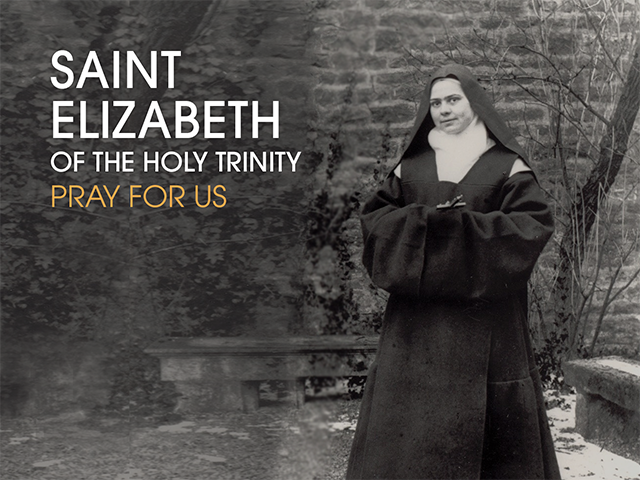



According to tradition the Four Crowned Martyrs (d. 305 A.D.) were renowned sculptors living in what is today Austria-Hungary. They were commissioned by Roman Emperor Diocletian to make several sculptures; however, when he requested a sculpture of the pagan god Aesculapius for a heathen temple, they refused to carve it. Their refusal exposed them as Christians during Diocletian's fierce persecution against Christianity. The men refused to sacrifice to the pagan gods to save their lives, and were condemned to death by being placed alive in lead caskets and cast into a river. The Four Crowned Martyrs are closely associated with an earlier group of four soldiers, also killed during the persecutions of Diocletian two years before, who died by being beaten to death with leaden clubs after refusing to sacrifice to the god Aesculapius. Because their names were originally unknown, they were called the Four Crowned Martyrs. Their relics were first venerated in the Roman catacombs before a basilica was erected in their honor on Caelian Hill. The two groups of martyrs, both called the Four Crowned Martyrs until their names were afterward discovered, are honored together on November 8th.